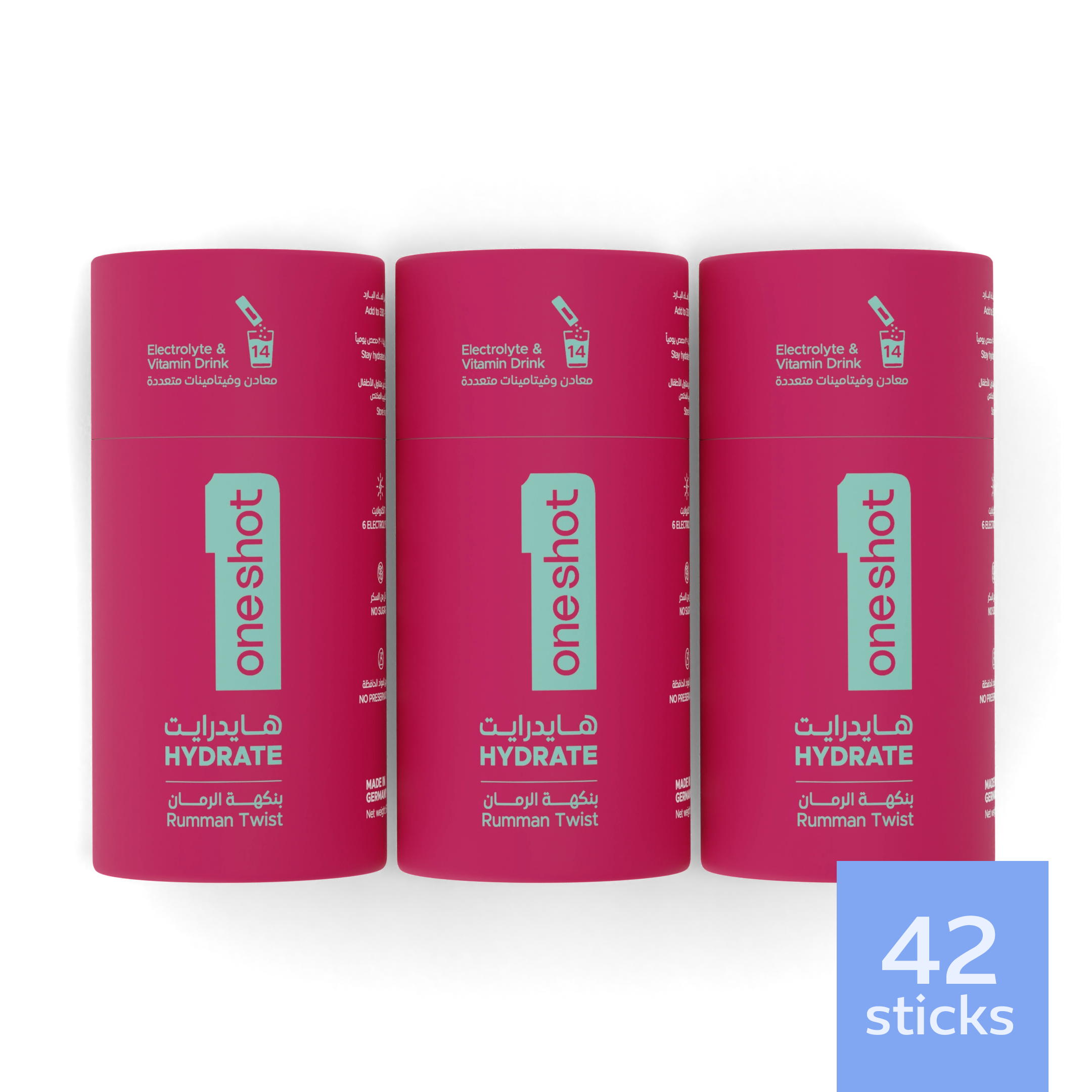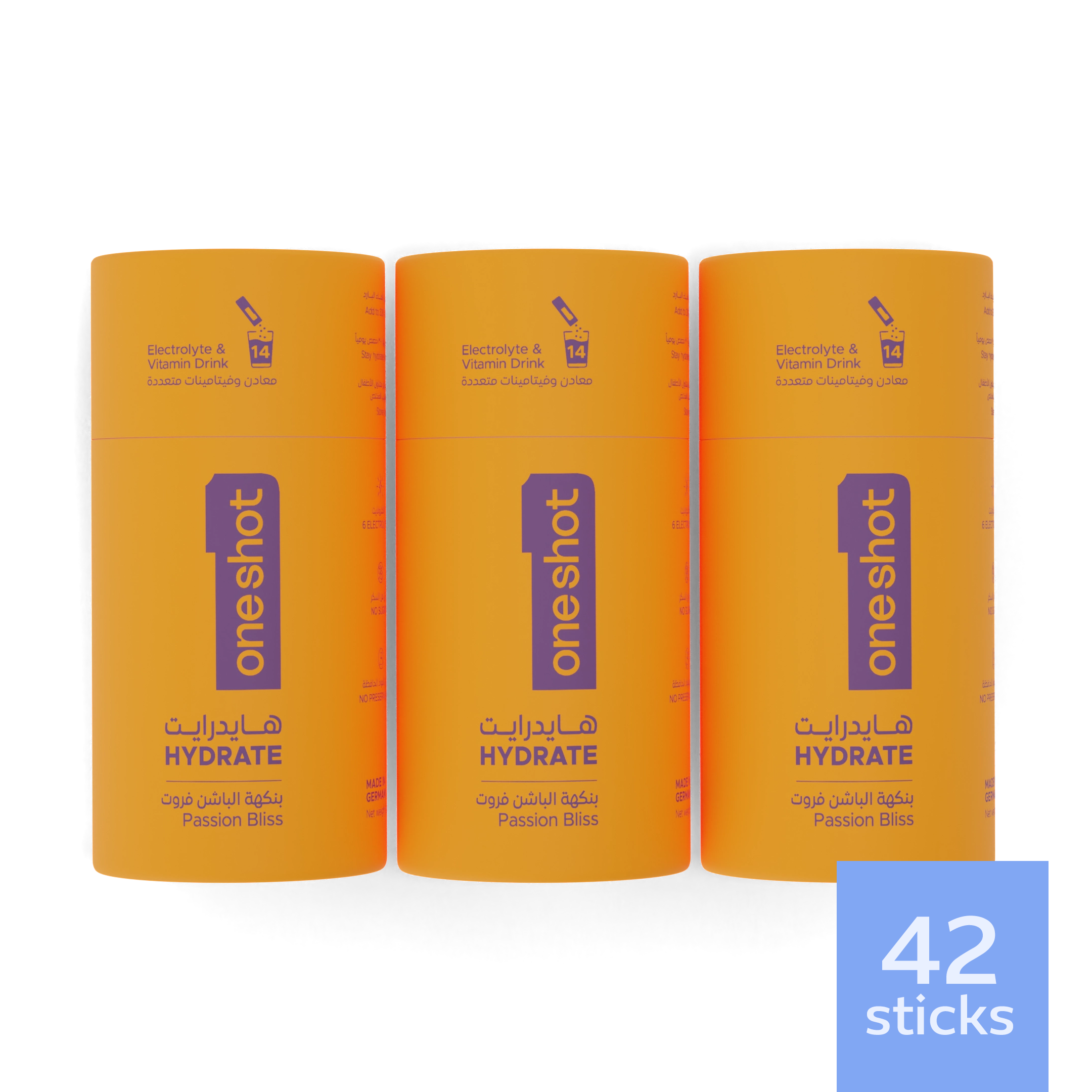Reading time: 6 minutes
We’ve all been there—that 3 PM crash that hits like a wall, making you question if your morning coffee even happened. Or those mornings when you wake up feeling like you’ve run a marathon in your sleep. Here’s something that might surprise you: it’s probably not about needing more caffeine or more sleep. Your body might just be crying out for proper hydration.
Your Body’s Hidden Ocean
Picture this: if you weigh 70kg, you’re basically walking around with 35-42 liters of water inside you. That’s enough to fill a large aquarium! But here’s where it gets really interesting—there’s actually no such thing as “plain water” in your body. Every single drop is infused with electrically charged minerals that literally spark life into your cells.
Your brain? It’s 75% water. Your blood runs at 83% water, your muscles clock in at 75%, and even your bones contain 22% water. This isn’t just passive liquid hanging around—it’s an active, dynamic system that’s constantly moving, transporting nutrients to where they need to go, clearing out waste, and making everything from your morning thoughts to your evening workout possible.
The Electric Life: Understanding Electrolytes
Let’s talk about electrolytes—and no, they’re not just marketing buzzwords from sports drink commercials. These minerals literally create electricity in your body. When they dissolve in water, they carry electrical charges that power everything from your heartbeat to your thoughts.
Think of sodium as your body’s fluid manager, making sure water goes where it needs to and enabling those lightning-fast nerve signals. Potassium is like sodium’s dance partner, working in perfect opposition to power your heartbeat and muscle contractions. Then there’s magnesium, the ultimate multitasker supporting over 300 different processes in your body (yes, really!). Calcium does way more than build strong bones—it’s essential for every muscle contraction. And the supporting cast of chloride, phosphate, and bicarbonate? They’re working behind the scenes to maintain your body’s delicate pH balance.
The Sodium-Potassium Pump: Your Cellular Battery
Every cell contains tiny molecular machines that use 30% of your body’s energy just to maintain the right balance of sodium and potassium. This creates electrical gradients that power nerve signals and muscle contractions. Without proper hydration and electrolytes, these fundamental processes fail.
What Happens When You’re Dehydrated?
Here’s where things get real. Dehydration isn’t just about feeling a bit thirsty—it sets off a domino effect throughout your entire body.
At just 1-2% dehydration (that’s only 1-2 cups below optimal), your brain starts struggling. Attention wavers, memory gets fuzzy, and that spreadsheet you’re working on suddenly feels like rocket science. Your strength drops, your workout feels harder than it should, and hello irritability—everything and everyone becomes just a bit more annoying. Oh, and that nagging headache? Yeah, that’s your brain literally shrinking slightly from fluid loss.
Push it to 3-4% dehydration and things escalate quickly. Your heart starts working overtime, pumping 3-5 extra beats per minute just to move thicker blood through your system. Your body’s internal thermostat goes haywire, making you overheat faster. That morning jog? It’ll feel 25% harder than usual, and you’re flirting with heat exhaustion territory.
Beyond 5%? We’re talking confusion, rapid heartbeat, and a situation that needs immediate medical attention. Not somewhere you want to go.
The Science of Smart Hydration
Recent research shows it’s not just about drinking water—it’s about absorption. When water contains the right ratio of sodium and glucose, it activates special transport mechanisms in your intestines, pulling water into your bloodstream more efficiently.
This is why sports drinks work, and it’s the science behind the World Health Organization’s life-saving oral rehydration formula.
Your Personal Hydration Needs
Your optimal hydration depends on:
- Activity level: Athletes may need 2-3x normal intake
- Climate: Hot, humid conditions can triple fluid needs
- Body composition: Muscle tissue holds more water than fat
- Genetics: Some people are naturally “salty sweaters”
- Age: Children heat up faster; elderly have reduced thirst sensation
Your Daily Hydration Game Plan
So how do you stay ahead of dehydration? We’ve got you covered with strategies that actually work in real life.
First up, front-load your day. When you wake up, your body’s been without water for 7-8 hours. Starting with 16-20 oz of water (bonus points if you add electrolytes) is like giving your system a jump-start. It replenishes what you lost overnight and sets you up for a more energized morning.
Here’s a game-changer: don’t wait until you’re thirsty. By the time thirst kicks in, you’re already behind. This is especially crucial before that workout or when you know you’ll be out in the heat. Think of it as filling up your tank before a road trip, not when you’re already running on fumes.
And remember, when life gets intense—whether you’re sweating through a workout, stressed about a deadline, or recovering from last night—plain water isn’t cutting it. Your body needs those electrolytes to actually hold onto the water you’re drinking and put it to work.
Don’t forget that hydration isn’t just about what you drink. Loading up on water-rich foods like watermelon, cucumbers, and oranges is like getting a two-for-one deal—hydration plus natural electrolytes and nutrients. And here’s a simple check: your pee should be pale yellow. Dark yellow? Time to drink up. Completely clear? You might be overdoing it.
Why oneshot Works
This is where oneshot’s science shines. By combining:
- 6 essential electrolytes in optimal ratios
- 3 B vitamins for energy metabolism
- Vitamin C for antioxidant protection
- Zinc for immune support
oneshot transforms ordinary water into a complete hydration solution that your body can actually use.
The Bottom Line
Think about it: there’s no plain water anywhere in your body, so why are we still trying to hydrate with plain water?
Here’s what it all comes down to: every single one of your 37 trillion cells is counting on you to keep them properly hydrated. But we’re not talking about just chugging water and calling it a day. Your body needs the complete package—water plus electrolytes working together.
Whether you’re crushing it at the gym, powering through back-to-back meetings, juggling family life, or just trying to feel more like yourself and less like a zombie, understanding how hydration really works changes everything. It’s the difference between surviving your day and actually thriving through it.






